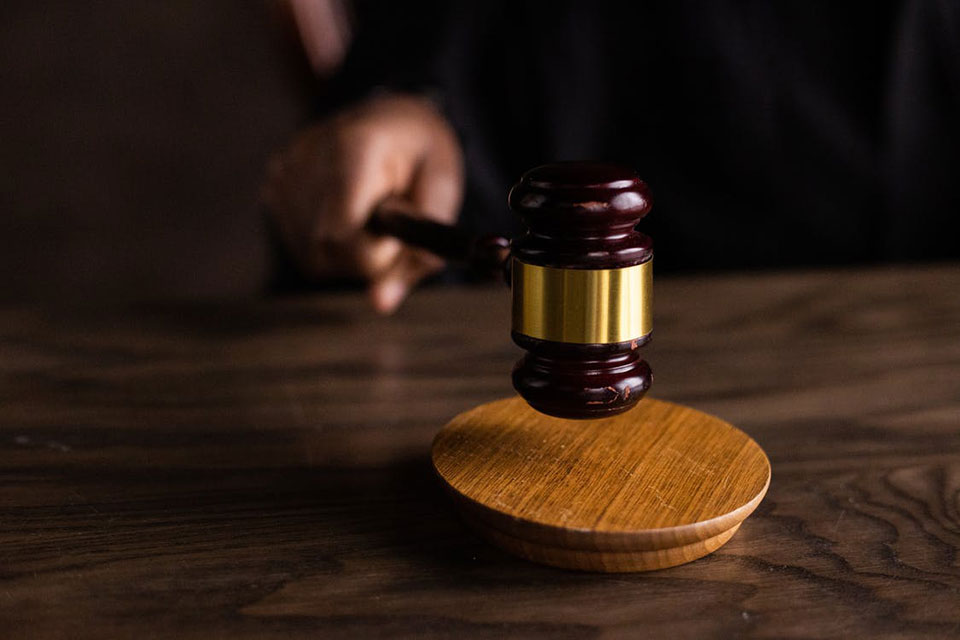Drug Possession Convictions Overturned!
The Washington Supreme Court issued a surprising and momentous ruling on February 25th, 2021 in a case titled State V. Blake. In that case the defendant had argued that they should not be convicted because they did not know that there were drugs in the clothes that they had borrowed. The court did not seem to be particularly convinced by the defendant’s story, but they were very interested in the fact that Washington’s existing law that criminalized possession of a controlled substance did not require that a person be aware that they possessed a controlled substance in order to be found guilty of possessing a controlled substance.
Under the law as it stood, RCW 69.50.4013, a person could be found guilty of possessing a controlled substance whether they knew they had it or not. Someone could literally hide drugs in your car, and even if you could prove that you did not know the drugs were there, you were still guilty of a crime. The court said that, while the legislature has broad powers to set the laws, those powers do not go so far as to allow criminalizing something that a person does not even know that they have done. As such, the law itself was found to be unconstitutional, so any conviction for possession of a controlled substance under that law is invalid, even if the defendant objectively did know that they had the drugs.
The impact of this decision is massive, this invalidates all Washington State convictions for possession of a controlled substance, regardless of when the conviction occurred, or what the substance involved was. This includes both felonies and misdemeanors. However, this law only applies to simple possession, it does not cover delivery of a controlled substance, manufacturing a controlled substance or possession with intent to manufacture or deliver a controlled substance.
Will this change be permanent?
Any cases from prior to this decision are covered by the court’s ruling, and that cannot be undone, unless this were to be overruled by the U.S. Supreme Court, and there is no indication that will happen. As such there is no need to take action immediately, this ruling isn’t going away, but why wait?
As far as what comes next, that is still up in the air. When this decision came down the Washington Legislature was already considering a change in law to decriminalize possession of small amounts of controlled substances that would look very similar to Oregon’s law. It’s impossible to say at the moment how this court decision is going to impact that potential change. At this point the legislature could pass a new law that criminalizes possession of a controlled substance that includes a requirement that a person know that they possess the controlled substance, they could proceed with he proposed legislation to decriminalize small amounts of drugs and put in place a new law criminalizing possession of larger amounts, or they could potentially decide to take no action and simply allow this ruling to end the prohibition on simple possession of controlled substances permanently. It’s impossible to know how exactly this will work out, but we will keep an eye on things.
How is this decision being applied?
Prosecutors have dismissed pending cases for this charge, and are not filing new charges of this type. Some courts have started automatically vacating convictions for this offense for people who are currently serving time in custody. It is unclear at this point whether courts are going to start vacating older convictions on their own or not, but they are allowing individuals to petition to have their simple possession convictions vacated. This can be done even if you still owe money on the cases, or are supposed to complete treatment, because the conviction itself is invalid. Having an invalid conviction like this removed should also effectively restore your firearm rights, as long as you don’t have other disqualifying convictions, as you cannot lose your rights due to a constitutionally invalid law.
A court clerk may be able to provide some information as to how a particular court is handling this issue, but they cannot provide legal advice. If you are interested in having your invalid convictions removed from your record, we can help, feel free to reach out for a free consultation to discuss how this decision may impact you.

